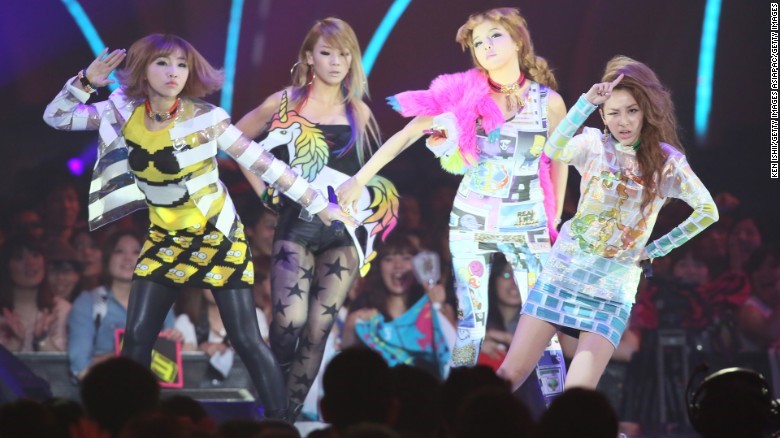
Let’s review this situation.
Last year, South Korea deploys a US-built missile defence system to defend against their belligerent North Korean neighbor.
In response, China institutes a hard (but unstated) ban on all Korean cultural exports: starting with K-pop stars, extending to the entire K-drama TV industry, and now all music (underground or classical) of Korean origin.
Two Korean classical musicians are denied performance visas. Venues and cultural bureaus are informed that Korean bands and artists are unwelcome. Restrictions are imposed on Korean drama-related events and promotions. But when asked, all knowledge is denied. “We’re not aware of any restrictions,” goes the official line.
In other words, a classic China response.
This month, this one-sided cultural war (to be fair, China doesn’t have much in the way of contemporary cultural exports) took a slightly ridiculous turn, with alleged trade restrictions on Korean products, including their wildly popular cosmetics.
These cultural sanctions are nothing short of diplomatic bullying. They’re also indicative of a deeper widening of the rift between government rhetoric and on-the-ground sentiment. Chinese contemporary culture is already entangled deeply with Korea’s, and this sort of economic ‘import substitution’ just doesn’t work with art and music.
Try as you might, you can’t replace idols and pop icons with homegrown alternatives.